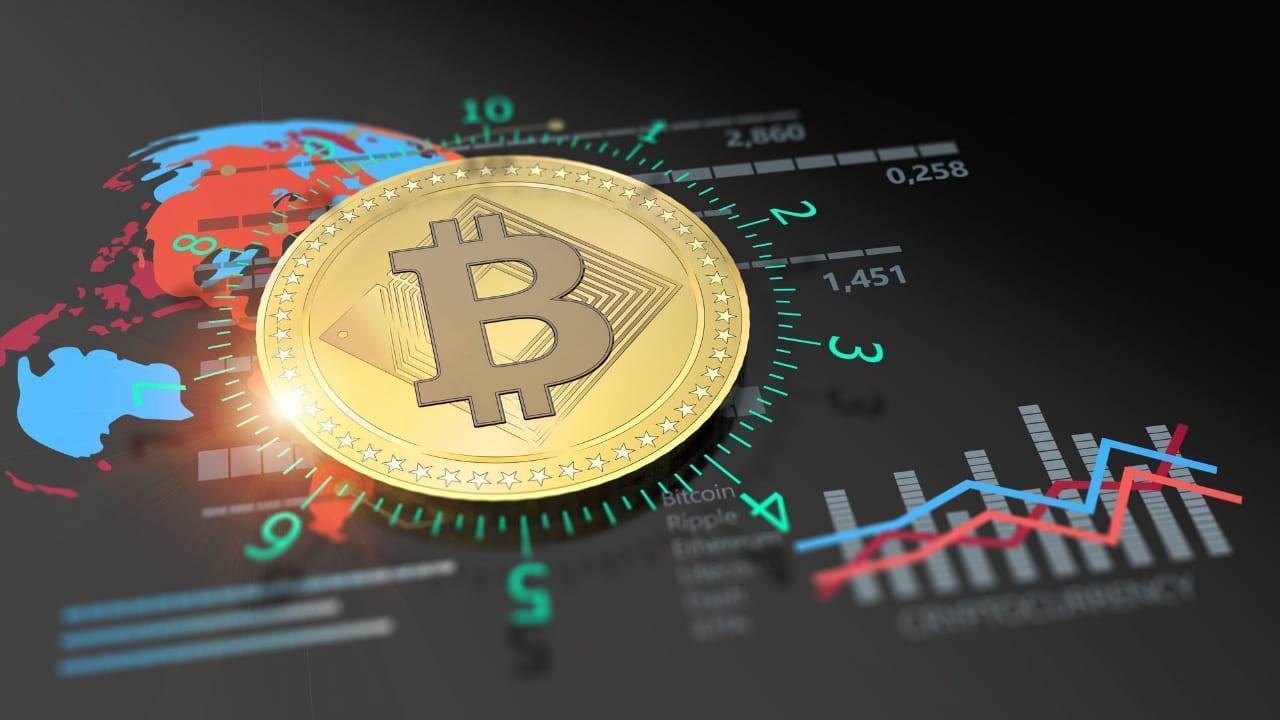
By Jack, Sep 14, 2023, 12:50 PM
PayPal has come forward with an explanation for the substantial overpayment of $510,750 on a Bitcoin transaction fee, originally believed to be a human error. According to a spokesperson from PayPal, the blame lies with their infrastructure partner, Paxos. The spokesperson stated that on September 10, 2023, Paxos made an excessive payment for BTC network fees. Fortunately, this incident solely impacted Paxos’ corporate operations, with no adverse effects on Paxos clients or end-users, and all customer funds remained secure. The root cause of this issue was identified as a bug in a single transfer, and it has since been rectified. Paxos is actively working to recover the overpaid funds by engaging with the miner involved.
This development took an unexpected turn as it was initially assumed to be a simple input error. However, an investigation led by Mempool’s Mononautical unveiled that the problem stemmed from a flaw within PayPal’s processing system. Notably, this incident marked the highest fee ever paid for a Bitcoin transaction in dollar terms.
The overpayment transaction originated from a hot wallet associated with the address “bc1qr3…zpw3,” which began its operations in June of that year. On-chain activities linked to this address suggested automated processing of fiat-denominated withdrawals, closely resembling the behavior of an inactive wallet identified as PayPal on oxt.me, specifically labeled as “bc1qhs…kx4n.” Bitcoin transaction fees typically fluctuate based on market demand and network congestion, making a fee exceeding $500,000 for such a small transaction highly unusual.
The transition from the old wallet to the new “bc1qr3…zpw3” wallet was discernible on the blockchain through an intermediary address, “bc1qlm…yvaf,” which further substantiated the theory that a software bug was responsible for the overpayment.
To validate this discovery, researchers traced actual PayPal withdrawals on the blockchain, leading to the conclusion that the issue likely originated within PayPal’s management system. Mononautical emphasized that all available evidence strongly pointed to a software bug as the cause of the error, expressing sympathy for the developer responsible for the code, as such mistakes are easily overlooked during the review process.
In an alarming revelation, it was disclosed that the entire system had been running without adequate monitoring, as PayPal failed to detect or halt the erroneous withdrawals for nearly 24 hours. This incident serves as a stark reminder of the imperative need for meticulous attention to detail and vigilant oversight when conducting Bitcoin transactions, especially when dealing with substantial sums of money.
Also Read
• Citigroup Unveils Its Largest Restructuring Effort in Nearly 20 Years










